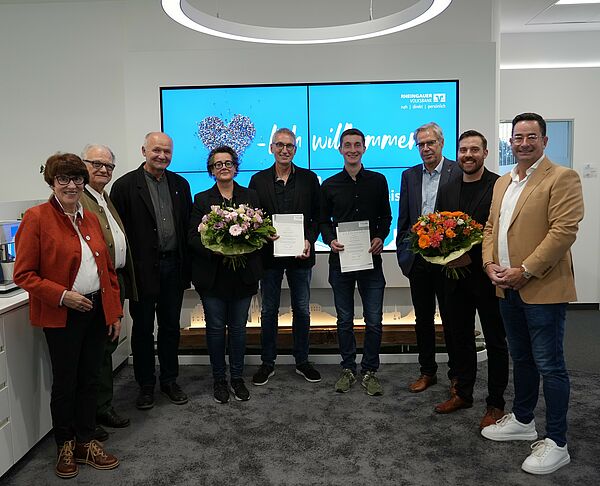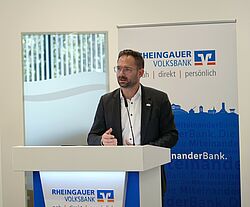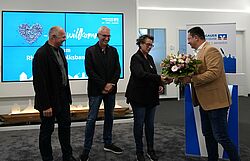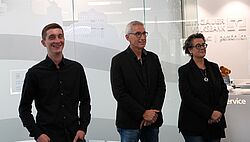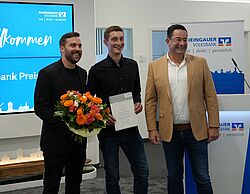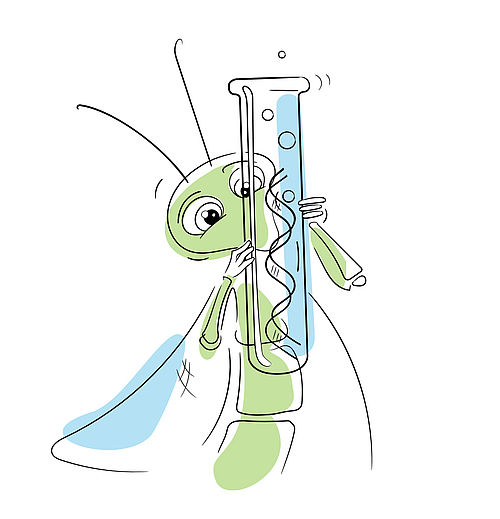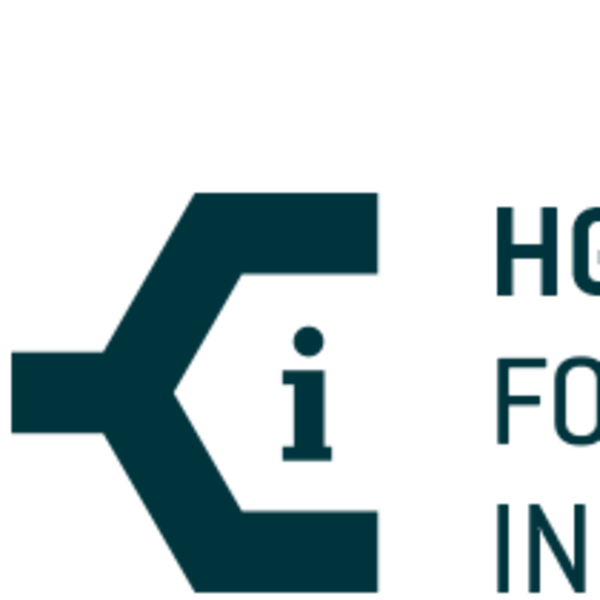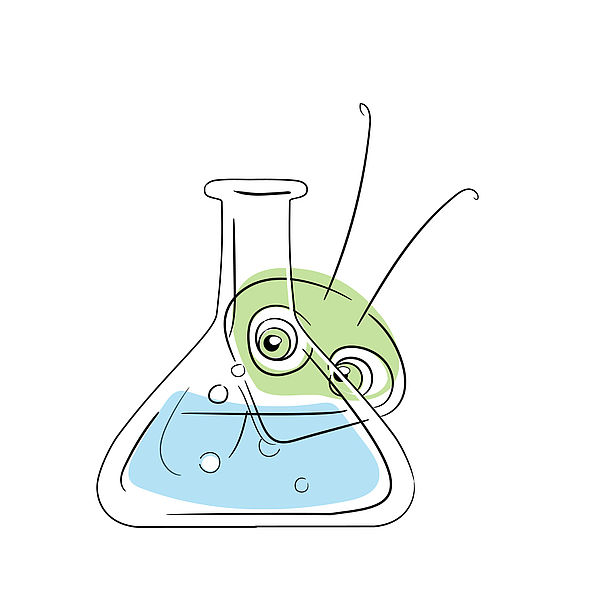“We are awarding the Rheingauer Volksbank Prize to two outstanding graduates this year. The work of both winners fulfill the requirements of our prize perfectly, though each in a different way,” explains Andreas Zeiselmaier, chair of the Rheingauer Volksbank. According to Zeiselmaier, it is important for the Rheingauer Volksbank to honor academic work that is both theoretically convincing and applicable in practice, and which bridges the gap between tradition and innovation. The prize embodies the bank’s values: promotion, cooperation and development in the Rheingau region.
In the context of her bachelor’s thesis, Kira Dreis conducted comparative studies on weed control under vine rows in the vineyards of the Moselle region. The jury praised her work as an innovative contribution to combatting weeds in vineyards, a pressing issue in steep slope viticulture. Dreis focused on effective approaches to weed control under grapevines as a way to reduce diseases and ensure grape quality. The results of her extensive trial program are already providing important information for control strategies, which will be a valuable tool for advising winegrowers in the future.
Joachim Bumen devoted his bachelor’s thesis to the application and suitability of rhizoboxes for investigating the root architecture of rootstock vines. The jury believes this topic could develop into an existential issue in viticulture due to the increasing importance of root architecture in the face of climate change. Bumen built root boxes and drew up detailed work instructions alongside a cost breakdown. He then documented the root architecture of various rootstock vines, using software to support the process. The jury also highlighted how his thesis offered an approach to selecting and breeding rootstocks for future viticulture.
“For 18 years now, Rheingauer Volksbank has supported us in providing a platform for outstanding theses that have practical, real-world relevance,” emphasized Professor Hans Reiner Schultz, president of Hochschule Geisenheim University. “By supporting this forward-looking academic work, we can all contribute to the further development of the wine industry, with a focus on quality, profitability and sustainability.”
Christian Aßmann, mayor of Geisenheim, also expressed his thanks: “The Rheingauer Volksbank Prize being awarded to two outstanding Geisenheim graduates underlines the importance of innovative research in viticulture. Their work shows how scientific findings can be put into practice to meet the challenges of climate change and ensure quality in the future. It is fantastic to see Rheingauer Volksbank support these young talents and give them an opportunity to put their ideas into practice. I am also delighted that the major players in our university town have been organizing this award ceremony together for many years."

